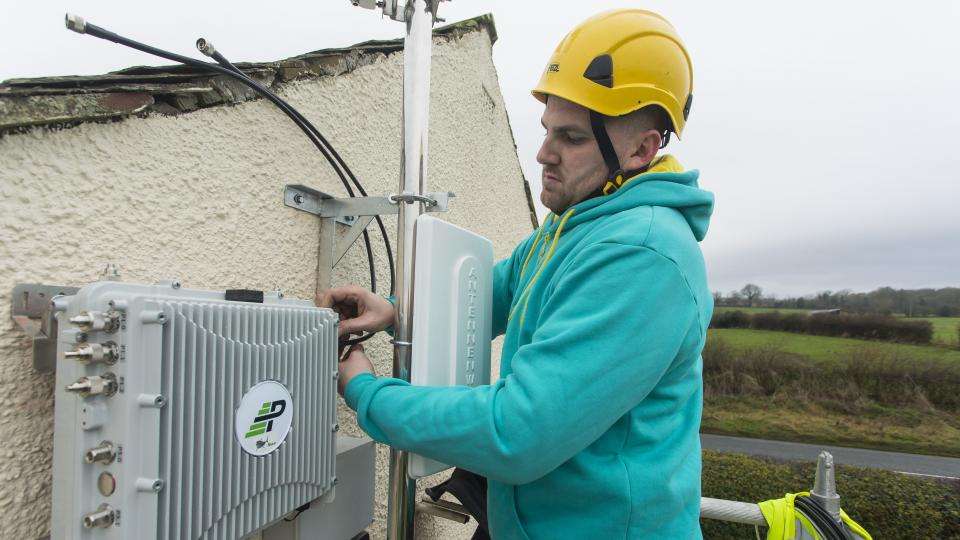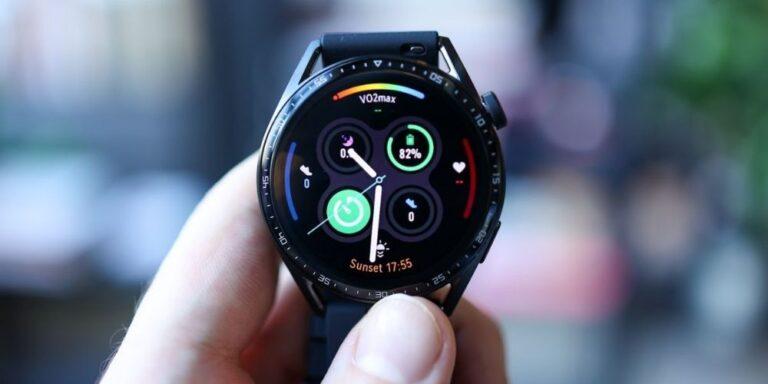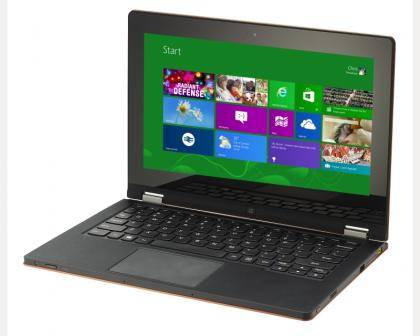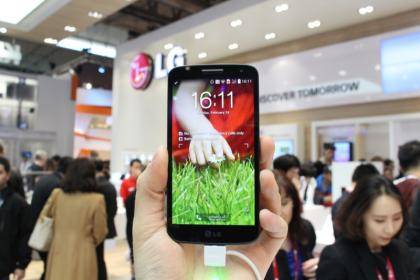EE to smother countryside in 4G
EE plans to use a new "micro-network technology" to bring 4G to 1,500 rural communities by the end of 2017. The mini-antennas can be strapped to the side of buildings, and, cruciallly, don't require EE to lay broadband cables to the site of the masts, which can prove prohibitively expensive. Instead, they use mesh networking to effectively relay the wireless signal from larger masts.
EE says the technology will allow it to bring voice, 3G and 4G services to areas that don't currently have a reliable mobile signal, starting with the village of Sebergham in Cumbria, which has just 347 residents.
The mobile networks have come under sustained pressure from the government to tackle the problem of iffy reception in rural areas. The prime minister lambasted the mobile networks when he failed to get a reliable signal whilst on holiday in Cornwall and in his own constituency of Witney in Oxfordshire. David Cameron asked the culture secretary, Sajid Javid, to find a solution to the problem and the government recently proposed to introduce "national roaming", where customers who couldn't get a signal on one network would be allowed to roam onto another.
View latest offers from EE
That solution was highly unpopular with the UK's phone networks, who argued it would be an administrative nightmare and would ultimately punish those networks who had invested most in nationwide coverage. Nevertheless, the government said it would push ahead with the plans unless the mobile networks arrived at their own solution.
Now, it appears EE has done just that. "With this innovative new technology, we have the capability to connect every community in the UK, and we estimate that we’ll be able to bring reliable voice coverage and high speed mobile broadband to more than 1,500 places for the first time by 2017," says the CEO of EE, Olaf Swantee. "We’ve been working closely with government on the long-term ambition to bring voice coverage to more of the UK, and we believe that this world-first technology will demonstrate significant advancements against that vision."
Whether EE will still be in charge of its own destiny in 2017 remains to be seen. BT is currently in discussions with both O2 and EE about a potential takeover of their UK mobile networks, and the Chinese owners of Three have also expressed an interest in a possible merger with either of the two networks.
BT already has its own ideas about filling in the gaps in mobile networks, including using its nationwide network of Wi-Fi hotspots to handle mobile calls and data for its customers. BT also won some 4G spectrum in the 2012 auction, and so has the potential to roll out its own network, if it so chooses.










